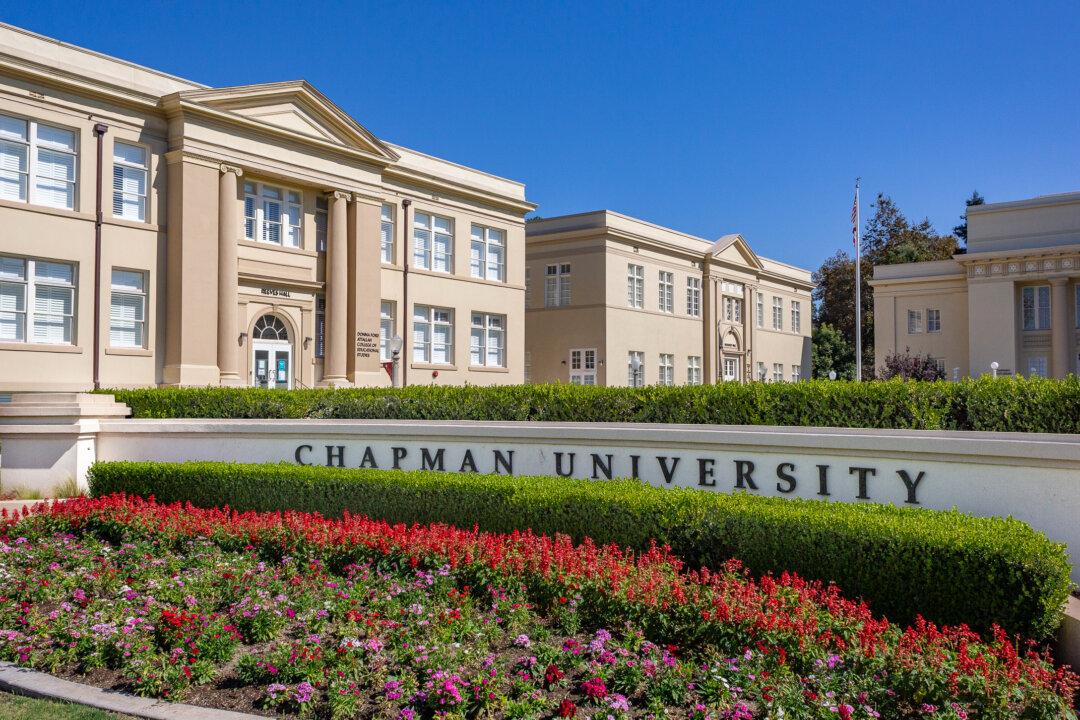A federal judge in California has given the green light to an effort by the Jan. 6 House Committee to subpoena Chapman University, a private educational institution in Orange, California, after Trump-ally John Eastman tried to block the subpoena.
The Jan. 6 Committee, created in a partisan vote during summer 2021, is almost exclusively chaired by Democrats. Only two Republicans, Reps. Liz Cheney (R-Wyo.) and Adam Kinzinger (R-Ill.), sit on the committee, and both have faced strong backlash for their roles on the Democrat-dominated committee.





